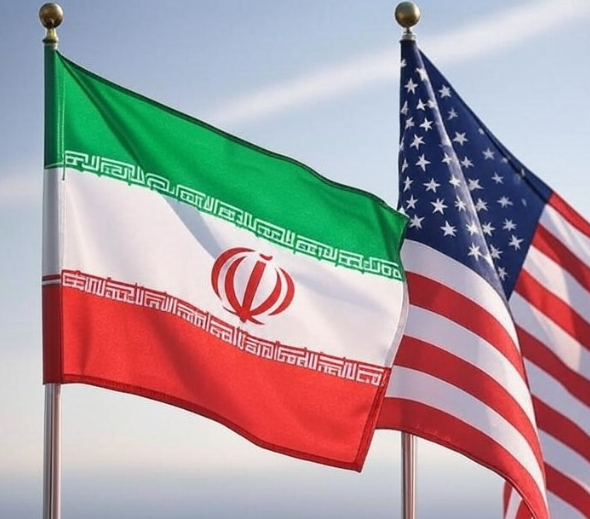President Trump Signals Possible Nuclear Talks With Iran :U.S. President Donald Trump has announced potential nuclear talks with Iran next week following recent U.S. military strikes on Iranian nuclear sites. While Trump claims Iran’s nuclear program has been dismantled, tensions remain high as Iran continues uranium enrichment and moves to suspend cooperation with the IAEA. This blog covers all major developments, including diplomatic stances, military actions, and global implications.
President Trump Signals Possible Nuclear Talks With Iran Despite Strained Relations
In a significant development on the geopolitical front, U.S. President Donald Trump has stated that the United States may hold nuclear talks with Iran next week. Speaking during the NATO summit in The Hague, Trump teased the possibility of a new deal while claiming that recent American military strikes have effectively erased Iran’s nuclear program.
However, Trump also downplayed the urgency of returning to the negotiating table. “Look, we’re going to talk to them next week with Iran. We may sign an agreement—I don’t know. To me, I don’t think it’s that necessary,” he remarked, reflecting a casual stance on a potential deal. Trump emphasized that the main demand from the U.S. remains unchanged: the complete cessation of Iran’s nuclear ambitions. “We want no nuclear,” he said, asserting that U.S. strikes have already “destroyed the nuclear.”
The U.S. military’s recent operations targeted three critical Iranian nuclear sites, including the heavily fortified underground uranium enrichment facility at Fordow. Trump claims these strikes have set back Iran’s nuclear program by decades. Nonetheless, Iran’s uranium enrichment remains a deeply contentious issue. Washington insists that Iran must halt all enrichment activities, not even allowing a one percent threshold. In stark contrast, Iran continues to enrich uranium to 60%—far above the 3.67% limit outlined in the 2015 Joint Comprehensive Plan of Action (JCPOA).
On the Iranian side, the tone has been both defiant and cautious. The Iranian President recently announced Tehran’s willingness to return to negotiations. However, he stressed that Iran would not compromise on its right to peaceful atomic energy, a right it claims under the Nuclear Non-Proliferation Treaty (NPT).
Interestingly, Iran has not officially acknowledged that any talks are scheduled for next week. However, Steve Vidkov, the U.S. envoy to West Asia, confirmed that direct and indirect communications between the two nations have taken place. A sixth round of negotiations was initially planned for earlier this month in Oman but was abruptly cancelled following Israel’s attacks on Iranian territory.
Amid these escalating tensions, the Iranian Parliament passed a bill on Wednesday to suspend cooperation with the United Nations’ nuclear watchdog, the International Atomic Energy Agency (IAEA). This legislative move came after the IAEA reportedly declined to condemn Israel’s attack on Iran’s nuclear infrastructure. The bill stipulates two conditions for the continuation of cooperation: first, that Iran’s inalienable rights under Article 4 of the NPT must be acknowledged, and second, that the safety and security of Iran’s nuclear installations, scientists, and citizens be guaranteed.
The head of the IAEA has called for inspectors to return to Iran to reassess the country’s nuclear status in light of the American strikes. He revealed that Iran’s foreign minister had sent a letter assuring that protective measures had been taken, although no details were provided. The IAEA chief underlined that to fully evaluate the situation and confirm the extent of any damage or reconstruction, inspectors must be allowed back into the country.
As the world watches closely, the potential for U.S.-Iran nuclear talks remains uncertain. While there are signs of diplomatic openings, the deep mistrust, geopolitical stakes, and diverging expectations from both sides make the road to any comprehensive agreement highly complex.
Disclaimer:
This blog post is based on publicly available news reports and official statements. It does not represent an endorsement of any political viewpoint. The topic discussed involves evolving diplomatic relations and international security issues. All information is accurate as per the latest updates at the time of writing. Readers are advised to stay tuned for verified developments from official sources.

